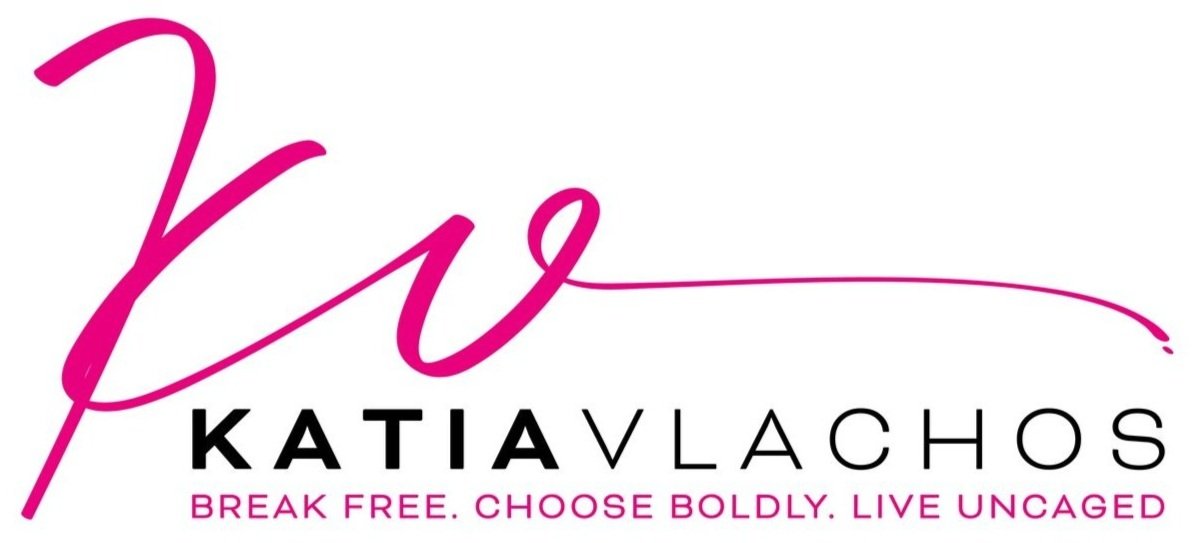3 Signs You’re in a Toxic Relationship
In my previous two posts, I discussed what it feels like to be caged in a toxic relationship as well as the devastating costs of being in one. But how does one know they’re in a toxic relationship? In other words, how do you distinguish a toxic relationship from one where there is healthy disagreement or diverging values and priorities? When communication breaks down or when conflict arises, distinguishing between the two can be challenging, but not impossible. In fact, there are warning signs when you’re in a toxic relationship. Acknowledging these signs or ‘red flags’ is crucial, particularly as many individuals in toxic relationships have a hard time recognizing that they’re in one due to denial.
What are the signs?
Based on my experience coaching people who are or have been in toxic relationships, as well as my own research and personal experience, I have identified three ‘toxic symptoms’ that consistently occur when dealing with a toxic partner.
A toxic partner invalidates your reality and feelings.
Your partner’s version of reality always differs from yours. They frequently use phrases like: “I never said/did that,” “You’re overreacting,” “You always make it about you,” or “You’re never happy/grateful/satisfied.” They may use gaslighting (a manipulation tactic) as a way of controlling you by making you doubt your perception of reality, reasoning, intuition or emotions.
In a healthy dynamic, each partner feels safe to express their views, knowing that their partner will acknowledge and respect them, even if they don’t agree. A non-abusive relationship is not necessarily free of conflict and disagreement, but even in those cases, both partners are open to accepting and respecting the validity of each other’s reality, beliefs, and emotions.
If you find that you never see eye-to-eye with your partner, and that they constantly make you doubt yourself, your feelings, or your intuition, you may be in a toxic relationship.
A toxic partner makes you responsible for everything that goes wrong.
When in doubt, it’s always your fault. Your partner has difficulty taking responsibility or apologizing for anything, and when you try to defend yourself, they make you feel guilty or selfish.
They may use blaming you as a manipulation tactic, either to make you feel guilty and easier to control, or to avoid being held accountable themselves.
In a healthy relationship, both partners are open and willing to take responsibility for their part in any disagreement or conflict. Conflict is not a zero-sum game, but a way of resolving issues that rests on a foundation of mutual respect.
If your partner never apologizes or takes responsibility, it may be time to evaluate your relationship going forward.
A toxic partner makes you feel that you’re never good enough.
Your partner constantly criticizes the way you act, react, handle situations, and there’s no middle ground. Their way is the only way.
Even worse, when you don’t live up to their standards (which is often), they criticize not just what you do, but who you are—your character, values, and ethics. They may belittle you or show contempt, either to soothe their own insecurities and make themselves feel better, or to manipulate and control you.
In a healthy relationship, both partners are open to finding a middle ground that takes into account both sets of needs and wants. Even if your partner doesn’t approve of your behavior, it rarely gets personal and there’s always mutual respect.
If your self-esteem has been taking a hit in your relationship; if you feel like you can never do anything right; then it may be time to acknowledge the toxicity and decide to take action.
Toxic vs. healthy dynamic
The table below highlights some examples of the divergent dynamics in toxic and healthy relationships, particularly when dealing with conflict:
Toxic: Opinions, views, beliefs, emotions are only validated if they align with the toxic partner’s perspective.
Healthy: Both parties acknowledge and respect each other’s position and views, even if they disagree.
Toxic: Disagreement comes at a price: retaliation, contempt, or other repercussions. Compromise is one-sided.
Healthy: It’s safe to disagree, respectfully. Compromise can come from both sides.
Toxic: In conflict or when things go wrong, one party is always to blame.
Healthy: Both parties are willing to take responsibility, especially when things go wrong or there is conflict.
Toxic: Criticism quickly gets personal. Disrespectful, contemptuous, or abusive language is often used.
Healthy: Criticism of one’s behavior never extends to that person’s character or values. Partners respect each other’s boundaries and address one other with respect.
If you find yourself identifying more with the left side of the table, it may be time to evaluate your relationship and seek support, whether from a trusted friend, family member, or qualified mental health professional. The ‘toxic symptoms’ I’ve just described, when occurring consistently (i.e. when they’re the norm rather than the exception), should not be considered normal in a healthy, loving, and balanced relationship. They are not acceptable.
You deserve better. And better is possible.
➜ If you are in a toxic relationship (or know someone who is), don’t hesitate to reach out. There is support available.
Thank you for being here! If you want to understand where you feel trapped in your life and how you can break free, take my free Break Free Quiz !
And if you are new to the Breaking Free blog, read my introduction here for more information about what it’s about and what topics I tackle in my posts. This is my second article on toxic relationships. Read the first one here.

